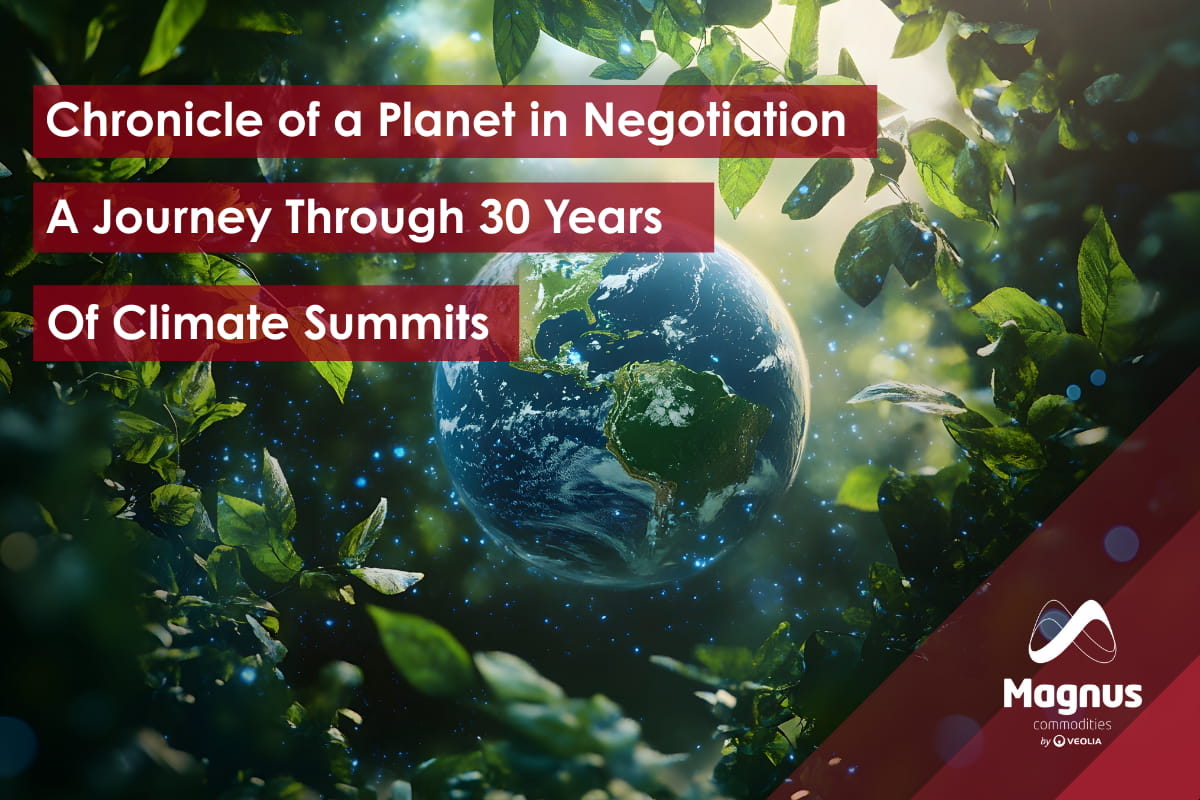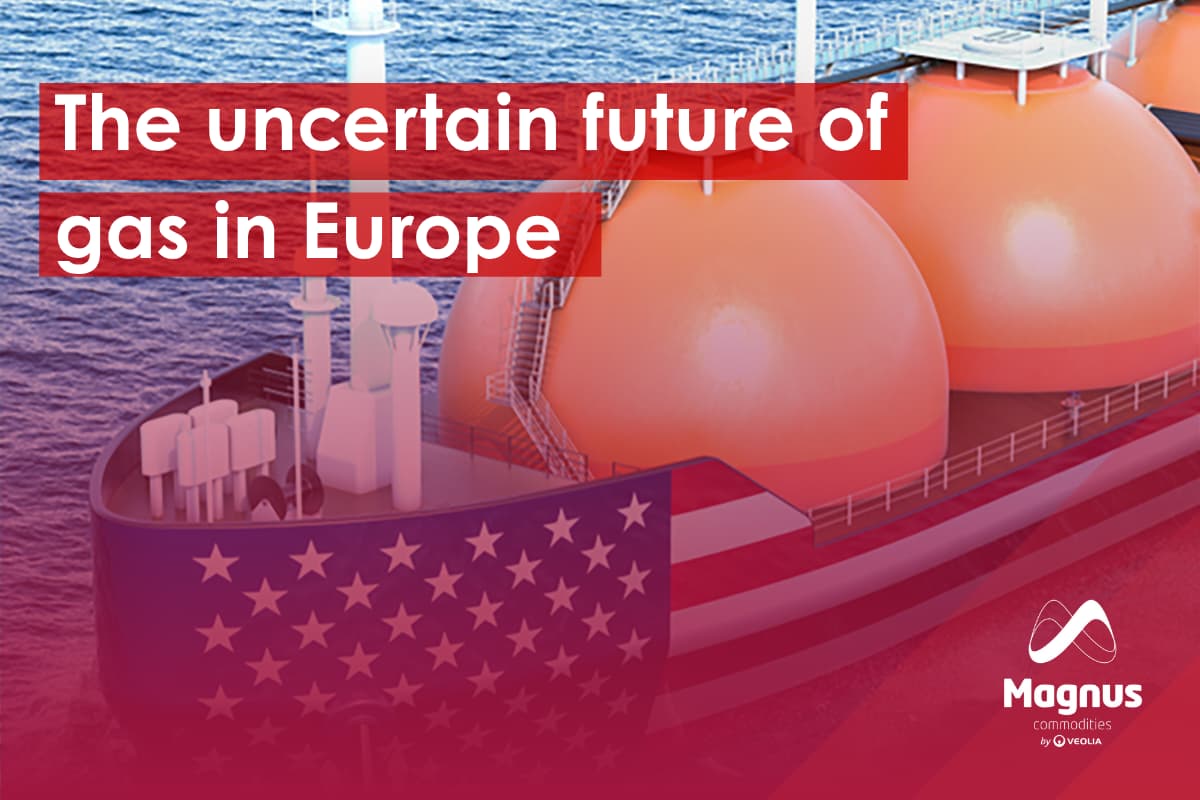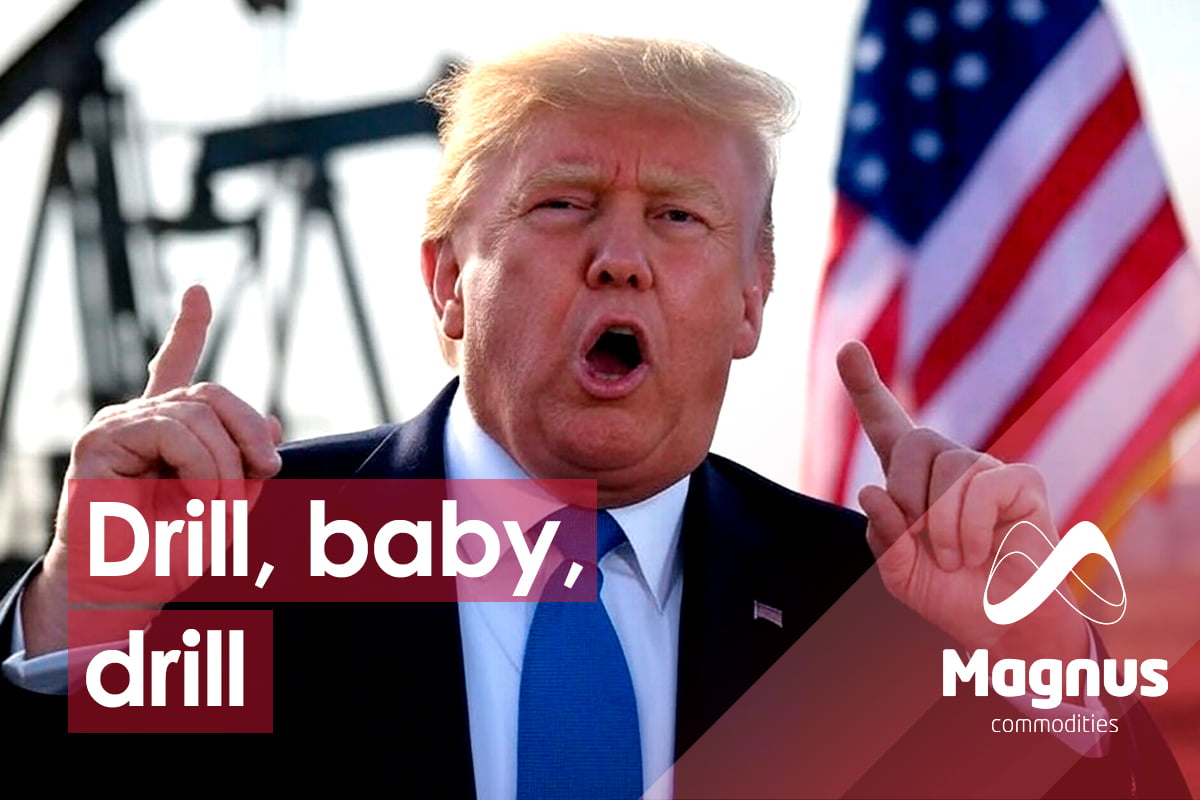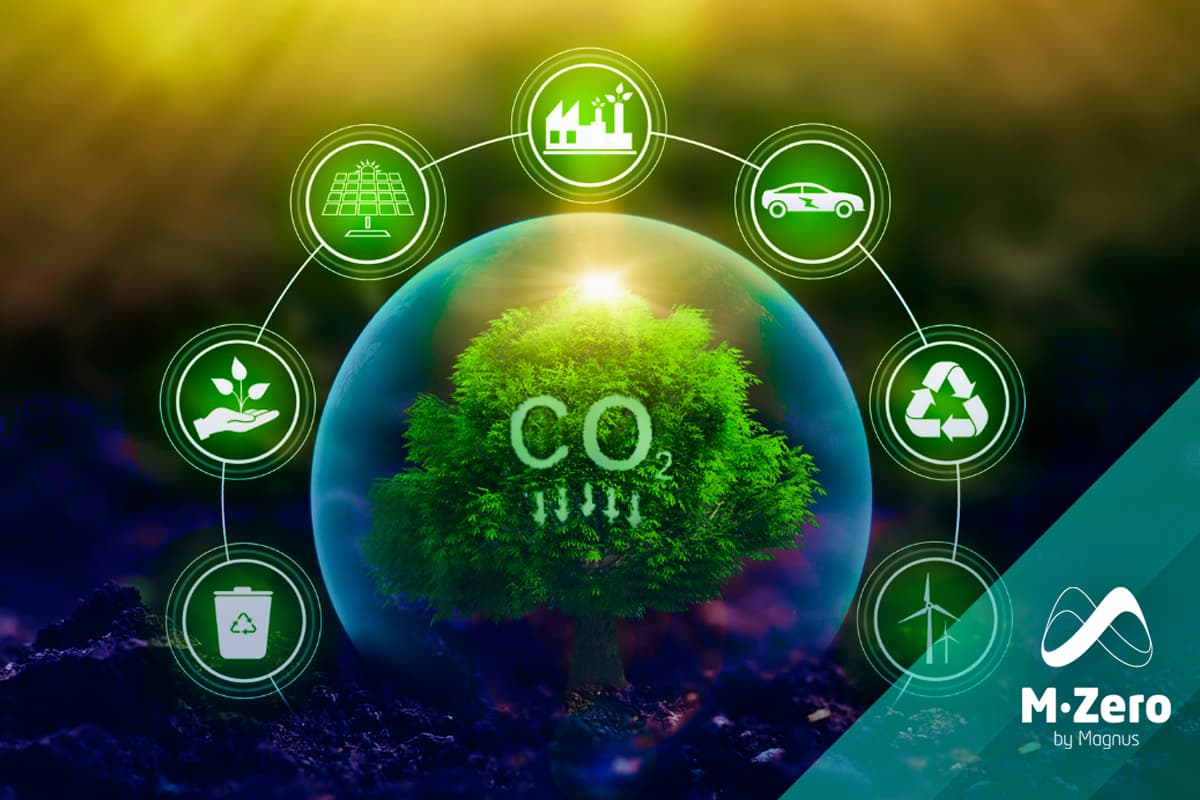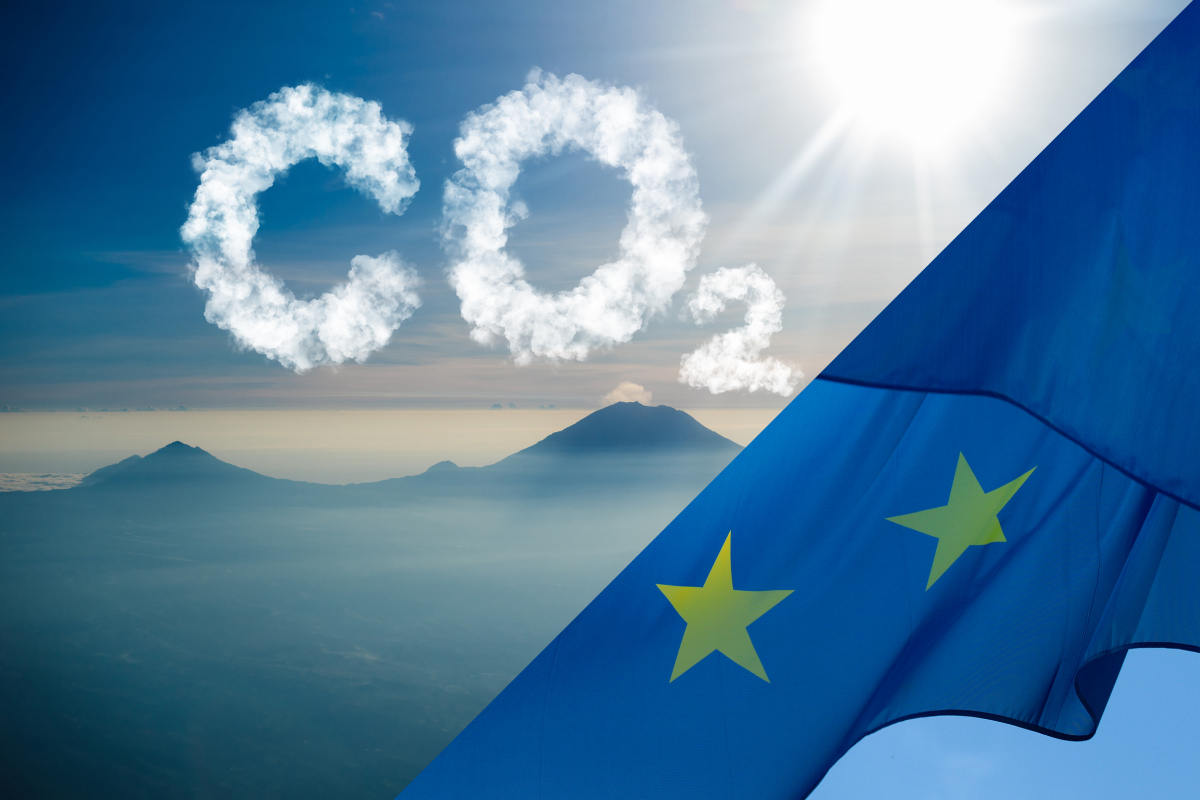
On January 20, 2017, the 45th president of the United States of America, the Republican Donald John Trump, moved in to the White House. After seventeen months of campaigning, the New York tycoon managed to ascend to the American presidency with 304 electoral votes and 46.09% of the votes of the citizens.
In his first 365 days as president, Trump has given a lot of talk about regarding how he enacted his opinions and about the nature of his decisions. From the creation of conflicts in social networks (implementation of its politico-spectacle), the breaking of the trade agreement between the US and the EU or even the departure of the Paris Agreement.
The election campaign that led him to the White House is based on 280 promises, distributed in economic, commercial, health and energy sectors, among the most important. Of these, about fifty were reflected in a “Contract with the American voter“.
Trump and energy
In this area, Trump was forceful in achieving two promises, but those were sufficiently far-reaching to generate controversy and hard to go unnoticed by the rest of the planet.
Abolition of restrictions on fuel spread in the US. “I will abolish restrictions on fuel extraction in the US, which are destroying jobs worth a total of $50 trillion, including shale, crude oil, natural gas and enriched coal.”
That promise is in process, but after a year as president he has already had enough time to sign a law decree to abolish the measures introduced by Barack Obama to fight climate change. This resolution allows the extraction of oil and gas by means of fracking.
Its permissive ideology in the face of this type of action has had repercussions, not only on the climate but also on the price of oil. The latest EIA (Energy Information Administration) report of 18 January last predicted a 10% increase in the US production quota for 2018, where it is expected to reach 10.8 mbpd.
In fact, according to official EIA data related to the month of November, the world’s leading economy produced 10.038 million barrels per day, production levels not seen for almost 50 years. It is obvious that the rise of the United States in the ranking of major crude oil producers is being favored by the current cuts made by OPEC and other countries outside this organization, such as Russia, and that, in turn, could have plans to extend it until the end of this year, but it is true that right now, the United States is being one of the main players that can avoid a greater escalation in the price of oil.
Regarding coal, Trump continues his efforts to compensate the states that favored his proclamation as winner of the last elections. That is why the U. S. Secretary of Energy, Rick Perry, requested at the Federal Energy Regulatory Commission (FERC) to evaluate a strategic plan aimed at subsidizing nuclear plants and the coal industry, in order to improve the electricity grid and make it more efficient. Such subsidies would be applied to nuclear and coal-fired plants with the ability to supply energy for 90 days.
Finally, the FERC unanimously rejected Trump’s government proposal, arguing that subsidizing coal and nuclear energy would not have a “fair and reasonable” outcome, while there is no evidence that it will effectively improve the efficiency of the electricity grid.
Implementation of energy megaprojects. “I will lift the restrictions imposed by the Obama-Clinton Administration and allow the re-launch of energy infrastructure projects, such as the Keystone pipeline.”
The Keystone project was paused in the Obama administration after environmentalists campaigned against it for more than seven years. The promise to make energy megaprojects can be considered fulfilled, after the signing of the decrees for the resumption of the Dakota Access and Keystone XL pipeline activity on January 24th of 2017.
The “ecological” prism of Trump
In this area, Trump made only one promise, which he fulfilled after six months in his term of office, but at the same time, it was the decision that had the greatest international importance within the different areas studied.
Cancellation of the allocation of tranches so that the UN can combat climate change. “I will cancel the multi-million dollar payments for the UN climate change programs and invest those resources in renewing the infrastructure of drinking water supply and environmental protection in the United States.”
As already promised, on June 1, 2017 Donald Trump announced the US withdrawal from the Paris Accord in the fight against climate change. Trump had always made it very clear about his unbelieving position towards everything that is linked to climate change and about the negative impact that this agreement has on the United States, as it can lead to job losses, factory closures and the reduction of economic production.
In any case, it seems that this promise can be corrected, given that Trump has now stated in various media outlets that he would return to such an agreement if there are “fair conditions” for the American country.
Good luck Trump
There are still three more years of New Yorker’s term in office, and a hundred promises to tur into reality, all based on five pillars that will help create jobs and wealth:
- Tax cuts to encourage economic growth.
- Creation of trade policies with the United States being the main winner.
- Unleashing the potential of the energy sectors.
- Modernize the regulatory framework, freeing up the weight of regulation and bureaucracy.
- Reduction of spending to 1% per year, except for Defense and Security.
Apart from its political underpinnings, with Trump at the forefront, the US dollar has lost ground to a stronger euro, and since entering the White House, the dollar has fallen by 12% compared to current parity indices (USD 1.227/€).
This event has helped, among other reasons, to push up the price of oil during the last quarter of 2017. Only the policy of expansion and exploitation of own resources in the U. S. (shale oil) has offset the upward effect on the price of crude oil, derived from the agreement to cut production in OPEC countries and others, such as Russia, whose main objective is to reduce excess oil supply in the market.
All this leads to a clear and rapid conclusion, and that is that with Trump at the forefront, you can expect any decision or policy with effects on the different energy markets… We should be careful.
Adrián Gil | Energy Consultant
If you found it interesting, please share it!
Recent Articles










